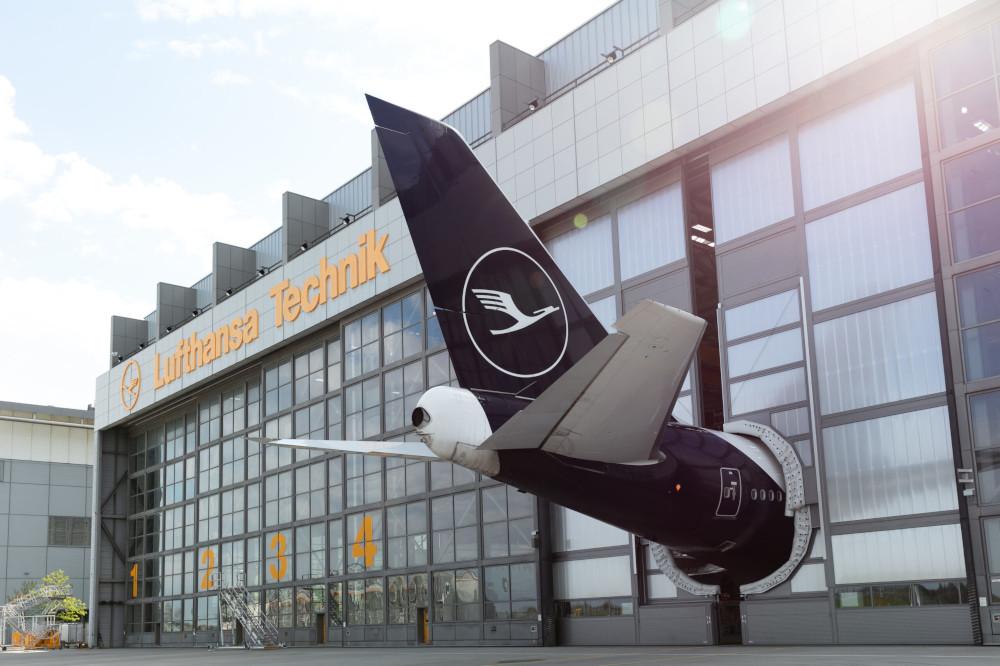
Lufthansa Technik is looking to leverage its scale, core capabilities and digital penetration to double its revenue and profit by 2030.
Pre-tax profit for Lufthansa Technik (LHT) in 2023 was a record €628 million ($686 million), up 26% year on year, as it reaped the benefit of its RISE reorganization program, which it implemented during the pandemic and has now completed.
However, Lufthansa executives appeared extremely confident about further growth for its technical arm, which only relies on its parent group for about a third of its revenues.
One reason is the trend for airlines to keep older equipment flying for longer to cope with new aircraft delivery delays and new-generation engine problems.
“The delays in delivery of the new aircraft force many airlines to fly older aircraft for longer, creating a shortage of MRO capacities and allowing Lufthansa Technik to pass through higher costs to customers,” noted Lufthansa Group CFO Remco Steenbergen.
“That is bad if you operate an airline, but it's wonderful when you own an MRO company, so we are very optimistic on Technik,” added group CEO Carsten Spohr.
Management is also bullish about the future prospects of LHT because of the success of its Aviatar digital platform, which now receives data from around 3,300 aircraft.
With maintenance becoming increasingly data-based, this scale allows LHT to refine and improve its predictive and preventative maintenance algorithms, and will, according to Spohr, further cement its position as the world’s leading MRO provider.
“Digitalization I think will further consolidate the industry because only if you have a significant amount of MRO data are you a player,” he said. “We take advantage of that, and the smaller ones will find it more difficult.”
A third prong of LHT’s growth will be physical expansion, with plans for a new facility in Europe and an even bigger presence in North America and Asia-Pacific.





